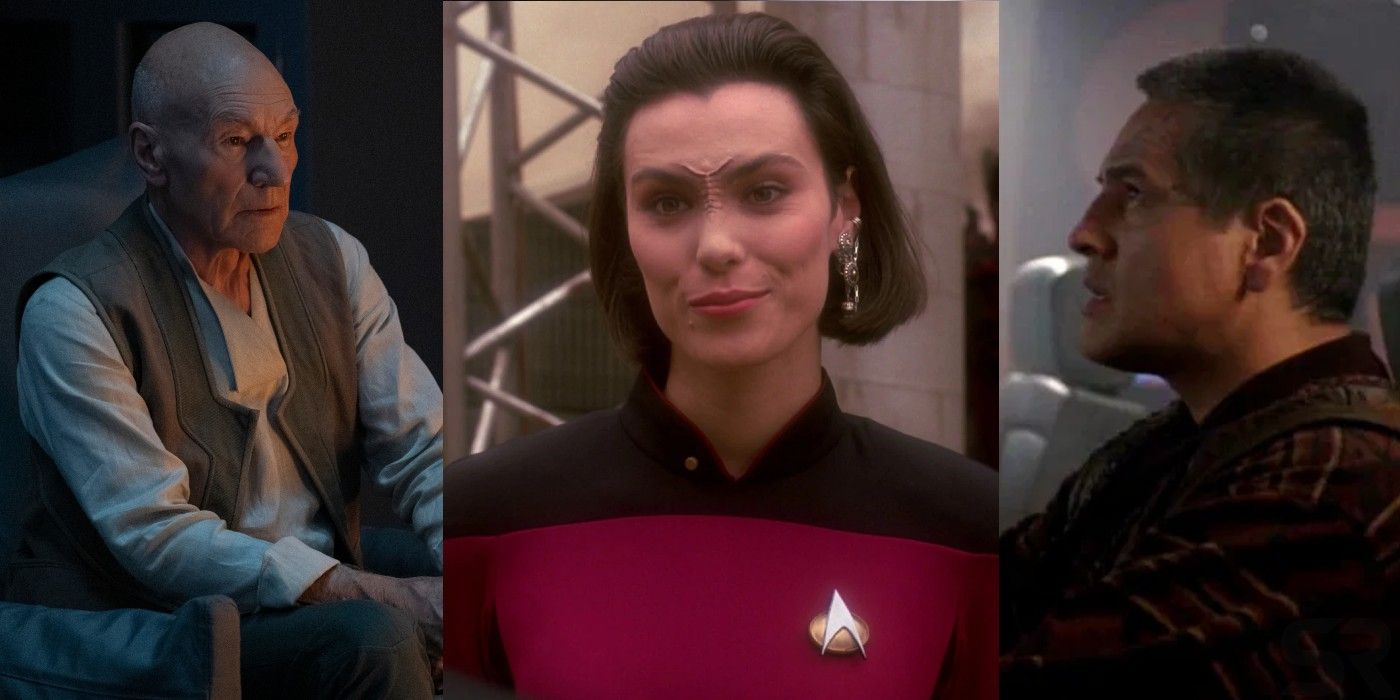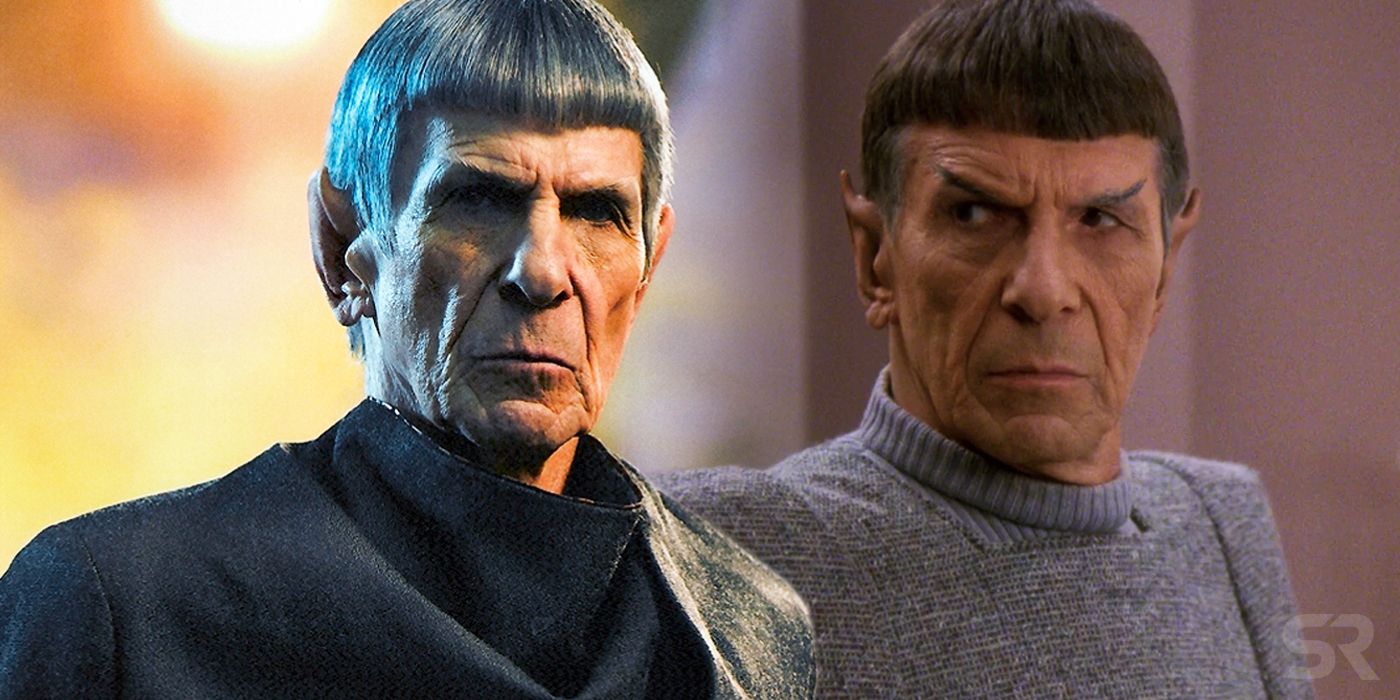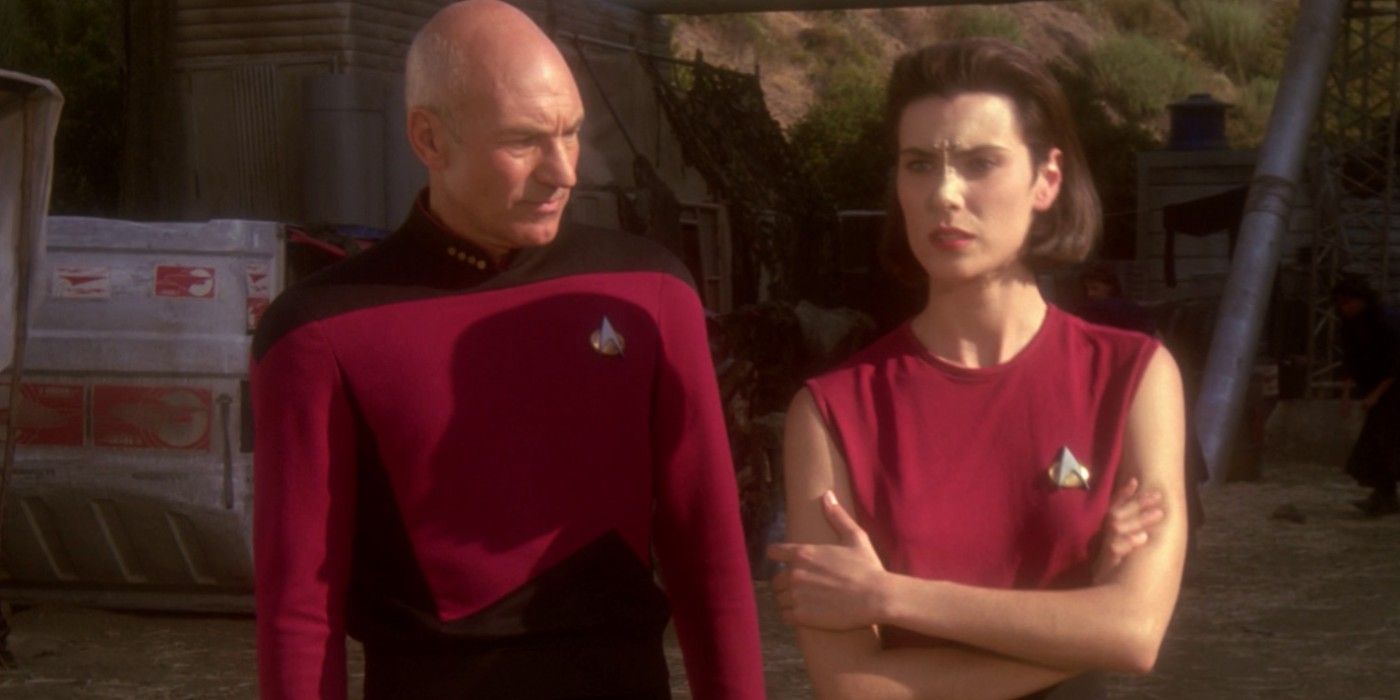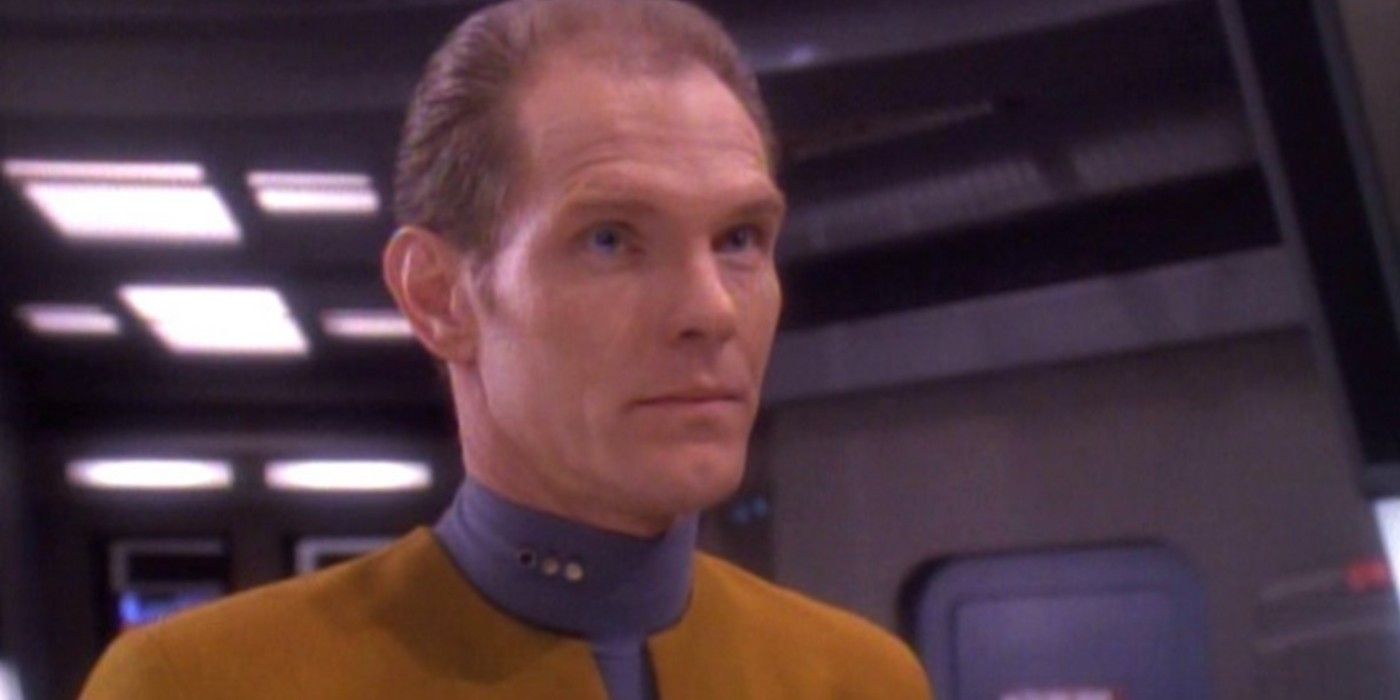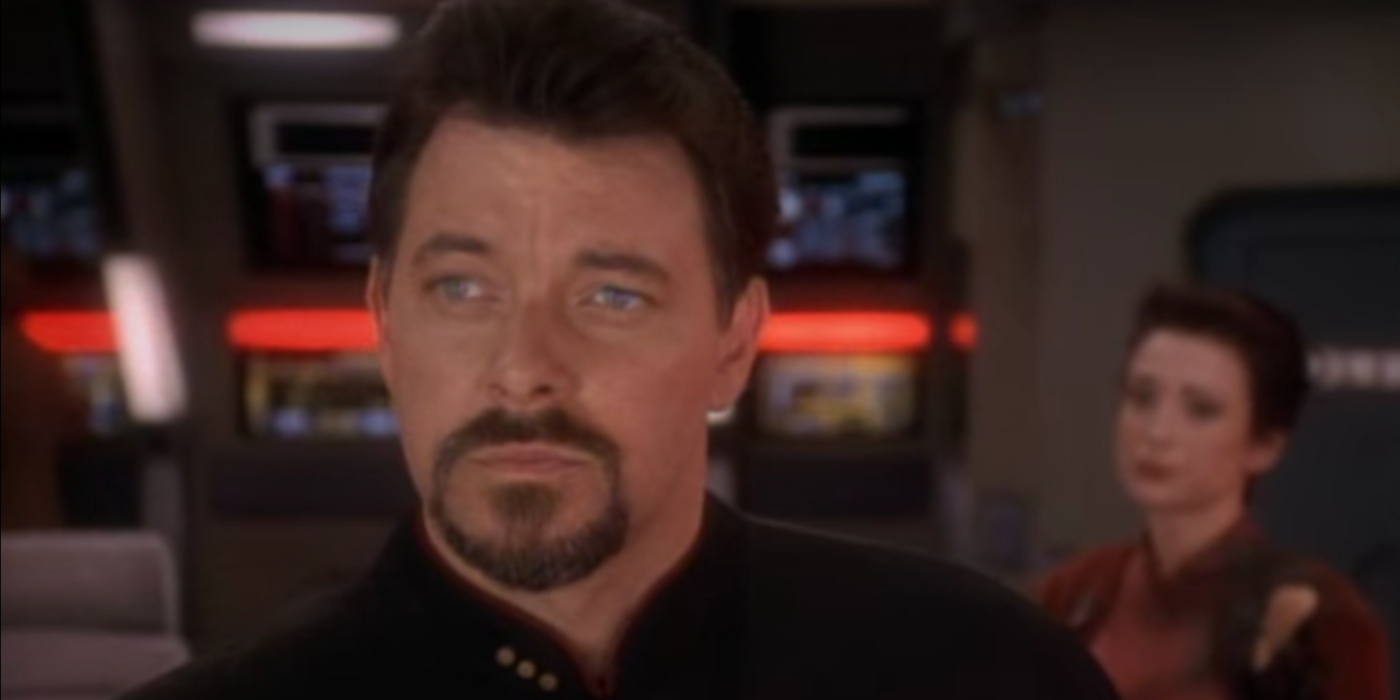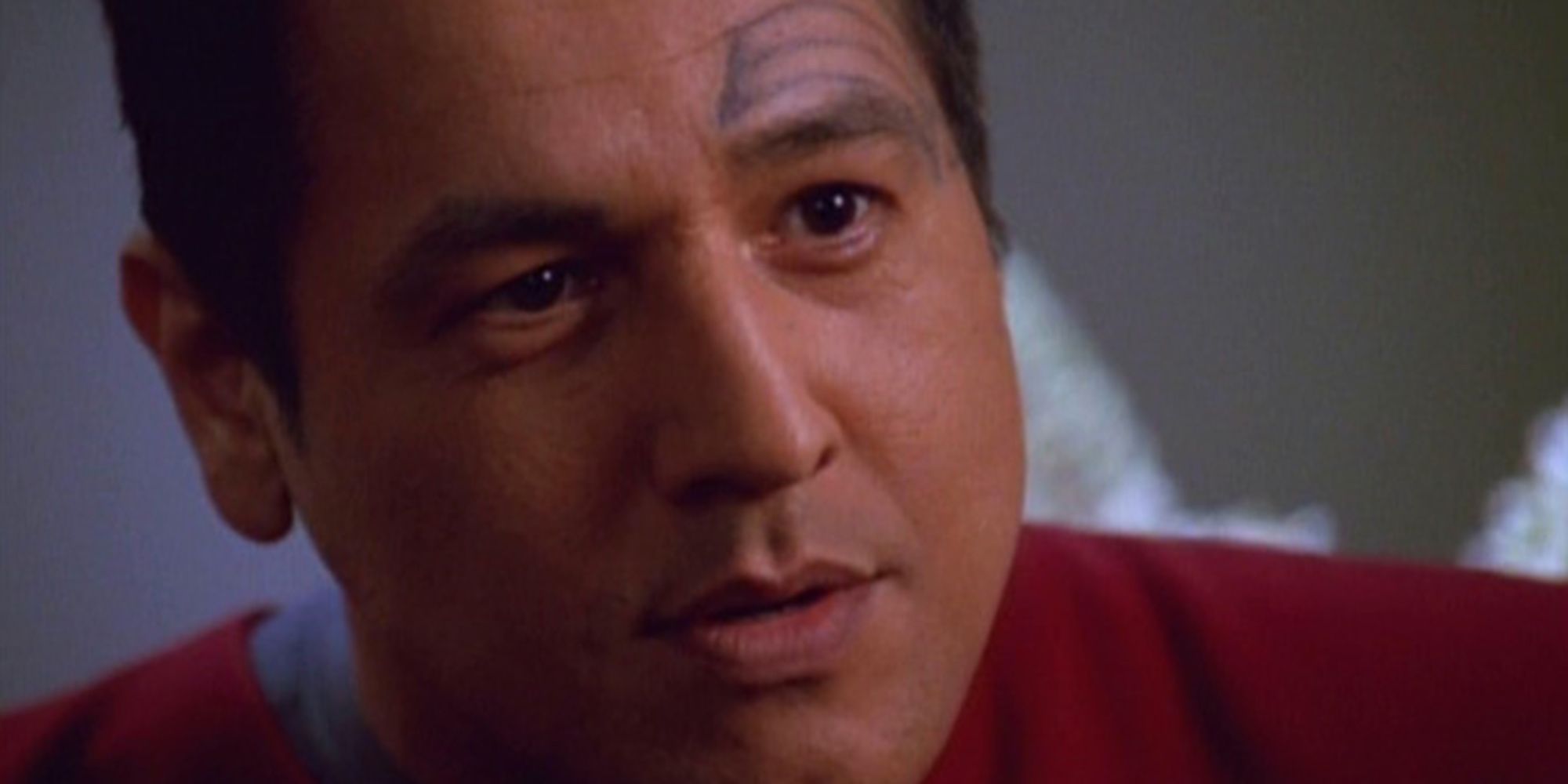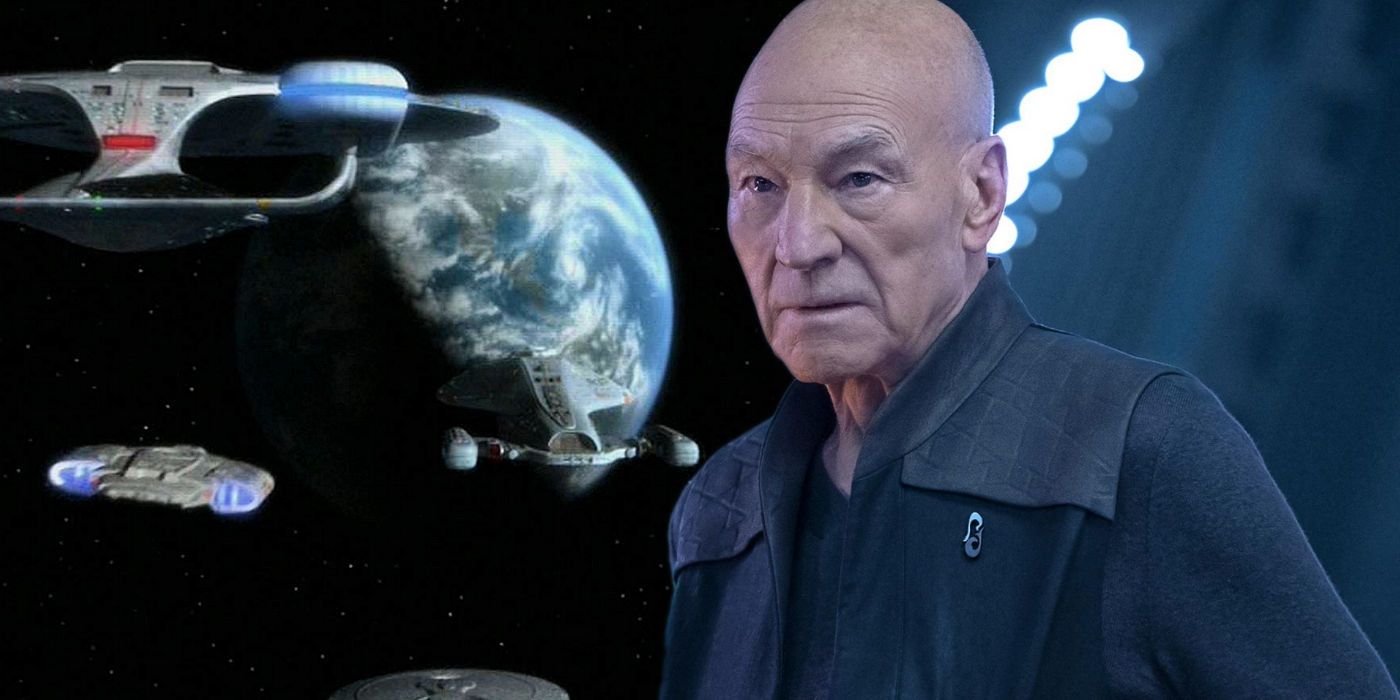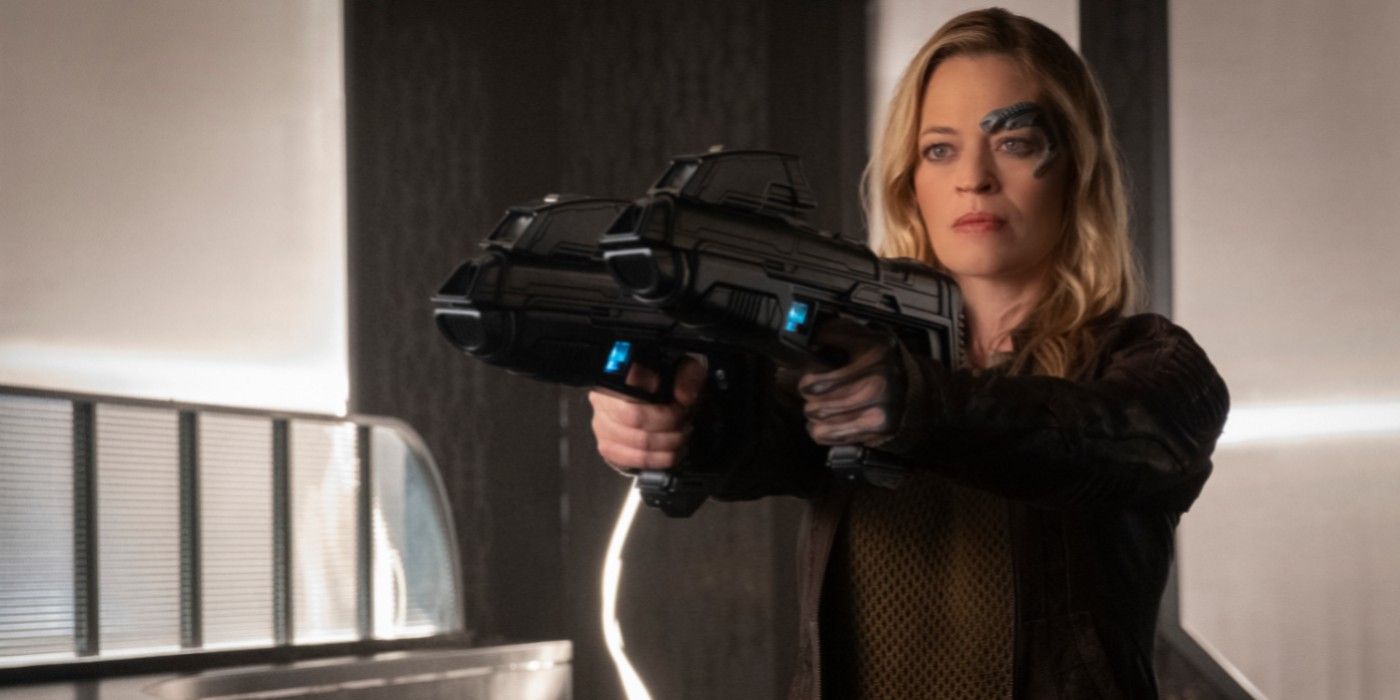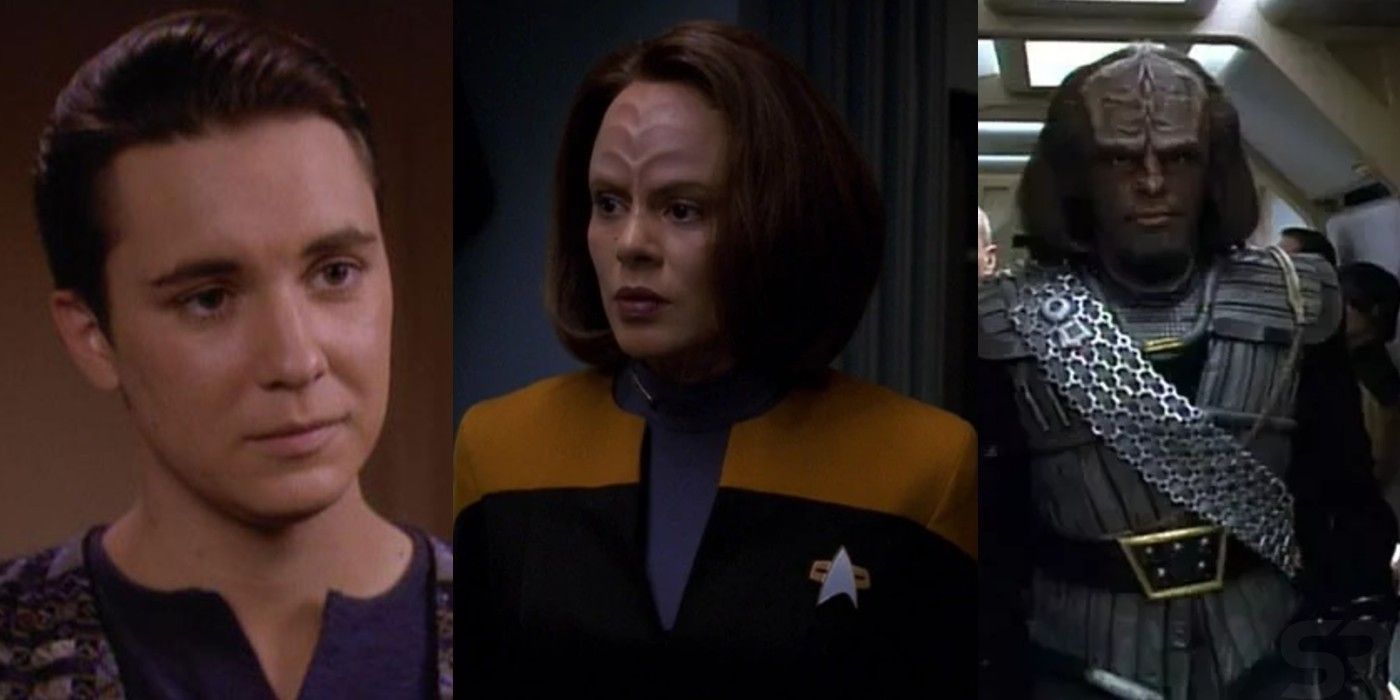While most characters in the Star Trek franchise are a part of Starfleet, there have been a number of characters who have quit the organization over differences of opinion. In Star Trek, Starfleet and the Federation are both founded on the ideas of exploration, scientific discovery, and collaboration. All of these are worthy goals that every person who decides to join Starfleet shares, but some characters who have started out devoted to Starfleet have come to find the organization lacking when it comes to certain matters.
Starfleet operates on a principle of peace and diplomacy, but not every conflict the Federation has found itself in has been so easily cut and dry. Certain situations, like the Dominion War and its lead-up, or the destruction of Romulus followed by the synthetic attack on Mars, have forced Starfleet to make choices that have ended up alienating some of their members. In these cases, it has been common to see major characters question how they feel about Starfleet policies.
On occasion, smaller things have made characters consider quitting, or even caused them to hand in their resignation temporarily, only to rescind it once the issue is resolved. The people who have officially quit, however, make up a growing number of major characters in the franchise. To date, there have been 10 characters who have quit Starfleet; characters who range from semi-regular guest cast, to some of Star Trek's best-known names.
Spock
Spock is perhaps one of the most well known Star Trek characters, even among non-fans. What even some fans may have forgotten, however, is that over the course of the franchise, the character has left Starfleet not once, but twice. The first time Spock parted ways with Starfleet was after the Enterprise's five-year mission, when his struggle with his human half caused him to seek the Kolinhar, the purging of all emotion. Spock pursued the ritual for two and half years, but ultimately did not complete it, returning to his duties as Starfleet officer to help his former crew track down V'ger during Star Trek: The Motion Picture.
After V'ger, Spock remained with Starfleet, even becoming an Ambassador for the Federation like his father. The second time Spock left Starfleet was in the two-part episode "Unification" in Star Trek: The Next Generation. In the episode, Spock goes on a rogue diplomatic mission to Romulus in an effort to help the Romulans and the Vulcans achieve the reunification of their cultures. Captain Picard and the Enterprise-D are sent to determine if Spock had defected, but when Spock explains his mission to Picard, the captain agrees to help him try and achieve it. Ultimately, the process of reunification proves to be a much larger task, and by the end of "Unification Part II", Spock has decided to stay on Romulus to continue the efforts, effectively resigning from Starfleet a second time. Spock continued to hold the title of Ambassador, however, and his efforts toward reunification bore fruit after his death when the destruction of Romulus caused the Romulan people to once again settle on Vulcan.
Ro Laren
Ensign Ro Laren became a semi-series regular on Star Trek: The Next Generation during seasons 5-7, serving onboard the Enterprise-D after being assigned there to help track down a Bajoran terrorist. Ro had previously been court-martialed and imprisoned by Starfleet for disobeying a direct order and costing eight other officers their lives, but was released and reinstated in exchange for her help on the mission with the Enterprise. Captain Jean-Luc Picard saw potential in Ro, and requested that she stay on with the Enterprise after the mission was complete.
Ro ultimately ended up being one of the first in a string of characters to leave Starfleet and join the Maquis, a rebel group consisting mainly of colonists from the demilitarized zone between Federation and Cardassian space. Starfleet classified the Maquis as terrorists because the colonists refused to leave their home planets in the demilitarized zone, and were willing to fight both Starfleet and the Cardassians to remain. Ro ended up being recruited to the Maquis cause when she was assigned to infiltrate them, defecting during the episode "Preemptive Strike". She did not seem to regret her decision, although she did express some guilt about letting down Captain Picard before leaving.
Michael Eddington
Similar to Ro Laren, Michael Eddington was a semi-regular guest character on Star Trek: Deep Space Nine, as a Starfleet officer assigned to assist Constable Odo as Chief of Security on the space station. Also similar to Ro, Eddington ultimately left Starfleet when he defected to the Maquis in the episode "For the Cause". Prior to his defection, Eddington had shown very little outward interest in the Maquis, claiming to be devoted to his duty as a Starfleet officer. This was a facade so that he would be able to deal a blow to the organization in the process of his defection, by stealing a shipment of industrial replicators to bring to the Maquis.
Eddington's plan was successful, and by the end of "For the Cause" both he and the replicators disappeared into Maquis territory. This was seen as a significant betrayal by many on Deep Space Nine's crew, including Captain Benjamin Sisko. Once in the Maquis, Eddington rose to become a relatively prominent member of the group, before he was killed by Jem'Hadar soldiers during a Dominion raid.
Thomas Riker
Thomas Riker only appeared in two episodes of Star Trek, but his origin story made him an important character for the franchise. Thomas was a copy of Commander William Riker, the result of a transporter accident during a mission Riker took while serving on the USS Potemkin. Unbeknownst to Riker or his crew, Thomas became stranded on the planet Nervala IV after Riker beamed back to the Potemkin from a mission there. Thomas was found and rescued eight years later by the crew of the Enterprise-D, including William Riker. After finding out he was a copy, he chose to take the name Thomas instead of William, and remain a part of the Starfleet.
However, Thomas ended up being another officer to join the Maquis, as he disagreed with the way Starfleet and the Federation were handling the Cardassian conflict. His second appearance in the franchise was during the Deep Space Nine episode "Defiant" where he posed as William Riker in order to steal the USS Defiant for Maquis use. His plan was thwarted by Captain Sisko and Major Kira, and he was ultimately handed over to Starfleet for trial and imprisonment.
Chakotay
Commander Chakotay was one of the main characters of Star Trek: Voyager. He is also one of the only major characters to have been a part of Starfleet, subsequently defected to the Maquis, and then been forced to return to Starfleet under unique circumstances. Chakotay initially left Starfleet and joined the Maquis because his homeworld was one of the planets in the demilitarized zone that was being terrorized by the Cardassians. During a raid, the Cardassians killed Chakotay's father, and even though the two were not on good terms at the time, he vowed to avenge his father's death.
However, Chakotay was forced to rejoin Starfleet when his crew and the crew of the USS Voyager were both thrown into the Delta Quadrant by the Caretaker's array. The two crews decided to work together to find a way back home after the array was destroyed, and Chakotay agreed to become Captain Janeway's First Officer. Over the course of Voyager's seven seasons, Chakotay integrated back into Starfleet with the rest of his crew and once again became a loyal officer in the organization.
Jean-Luc Picard
Like Spock, Captain Jean-Luc Picard is an extremely well-known character in the Star Trek franchise. He is the main character of both The Next Generation and his own series, Star Trek: Picard. One huge reveal in the premiere of Picard was that in the 2o years that had passed after the end of the film Star Trek: Nemesis, Picard had resigned his commission from Starfleet. This fact was astonishing for fans who remembered the character as one of Starfleet's biggest proponents, but the reason for Picard's split from the organization ended up making a lot of sense.
After the destruction of Romulus, Picard was instrumental in attempting to provide aid to the remaining Romulans, but when rogue androids attacked the rescue effort on Mars, Starfleet not only outlawed synthetic life forms but also pulled their aid from the Romulans in the wake of the tragedy. Picard argued heavily against abandoning the Romulans, but Starfleet stood firm, and Picard resigned from the organization in anger at their decision. The repercussions of his resignation and his guilt over how things ended with the Romulans form the basis for Picard's state of mind at the beginning of Star Trek: Picard.
Seven Of Nine
Seven of Nine was first introduced in Star Trek: Voyager, as a former Borg drone that was rescued and rehabilitated by Voyager's crew. She accompanied the crew back to the Alpha Quadrant in Voyager's finale and was later brought back for the cast of Star Trek: Picard, much to fans' delight. Picard revealed however that Seven also had left Starfleet sometime after Voyager returned home.
The reasons for Seven leaving are not made completely clear, but from some context clues, a picture of what might have happened can be formed. Since Seven is ex-Borg, her body still contains many cybernetic implants, meaning that she is technically a form of synthetic life. With the ban on synthetics, it would make sense that Seven chose to leave Starfleet, as the organization had become hostile to people like her. The fact that Seven is ex-Borg may also have contributed to some hostility. Whatever the reason, by the time audiences saw her again in Picard, Seven of Nine had joined a group called the Fenris Rangers, a vigilante peace-keeping force based in the Beta Quadrant. She was about as far away from Starfleet as one could get, but did agree to help Picard and his crew on their mission to find Soji Asha.
Honorable Mentions
There are a few characters who technically fall into the category of having quit Starfleet, although their circumstances are slightly different from those previously discussed. Two major characters dropped out of Starfleet Academy before even becoming full Starfleet officers. B'Elanna Torres dropped out to join the Maquis, but like Chakotay was later integrated back into Starfleet as part of Voyager's crew. Wesley Crusher also left the Academy just before his graduation after becoming disillusioned with the idea of becoming an officer. He subsequently joined up with The Traveler, an alien he had met previously on the Enterprise-D who offered to help him explore other dimensions and planes of existence.
Worf also briefly resigned his commission in the two-part Next Generation episode "Redemption". Worf made a choice to honor his Klingon heritage over his duties as a Starfleet officer and joined the fight in the Klingon civil war taking place, intending to restore his family's honor in Klingon society. Ultimately, once the conflict had ended, Worf decided to return to Starfleet, but his resignation was still treated very seriously during the episode.
Over the years, Star Trek has boasted casts full of very principled characters, characters who stick to their convictions and have clear ideas of right and wrong. Most often, these ideas line up with the Federation and Starfleet, but when they do not, characters have not hesitated to leave the organizations behind if it suits them. Whether or not they have stuck by their decision, or returned to Starfleet at a later date when the issue has been resolved, being witness to their moral dilemmas is part of what makes Star Trek highly satisfying to watch.

